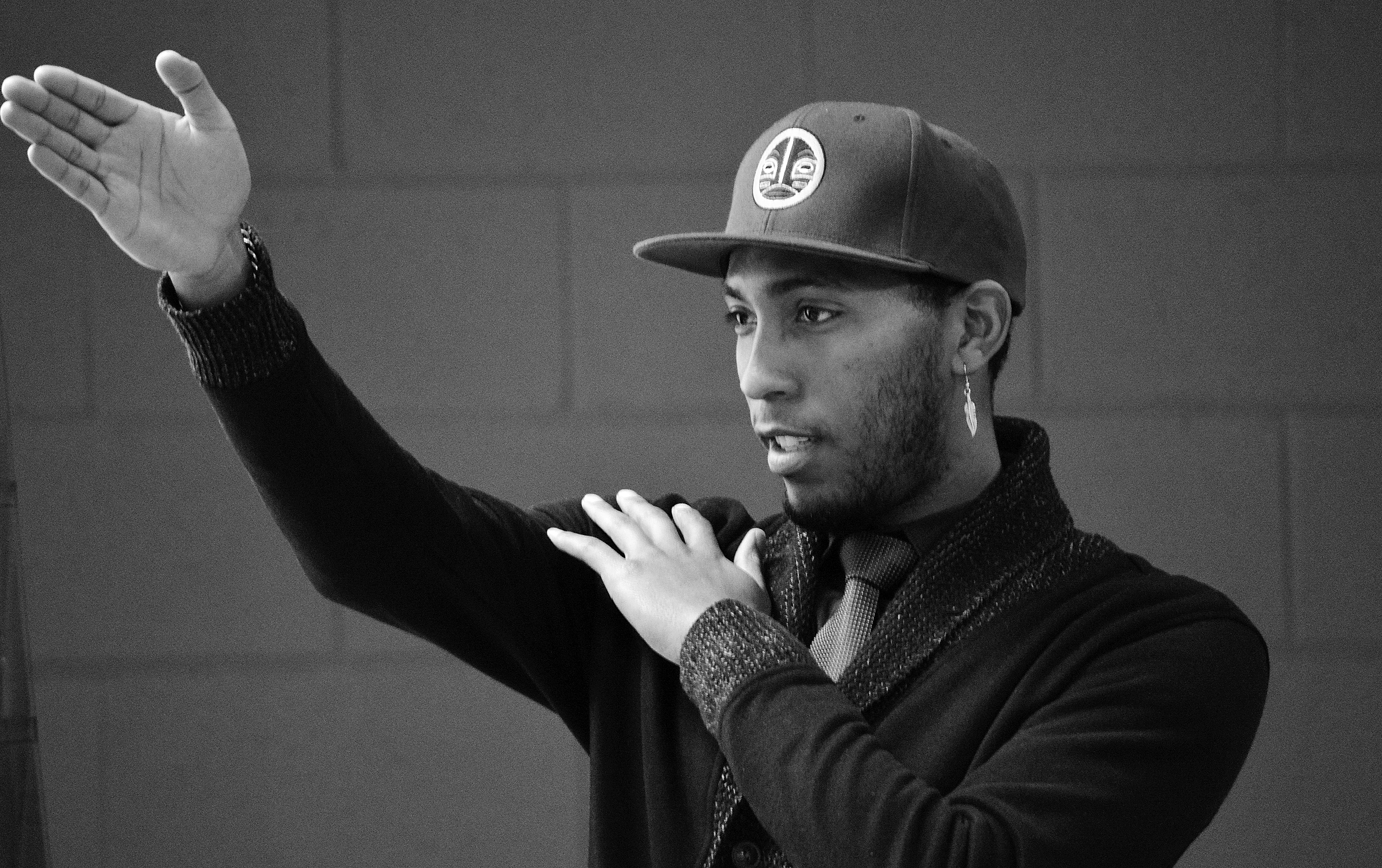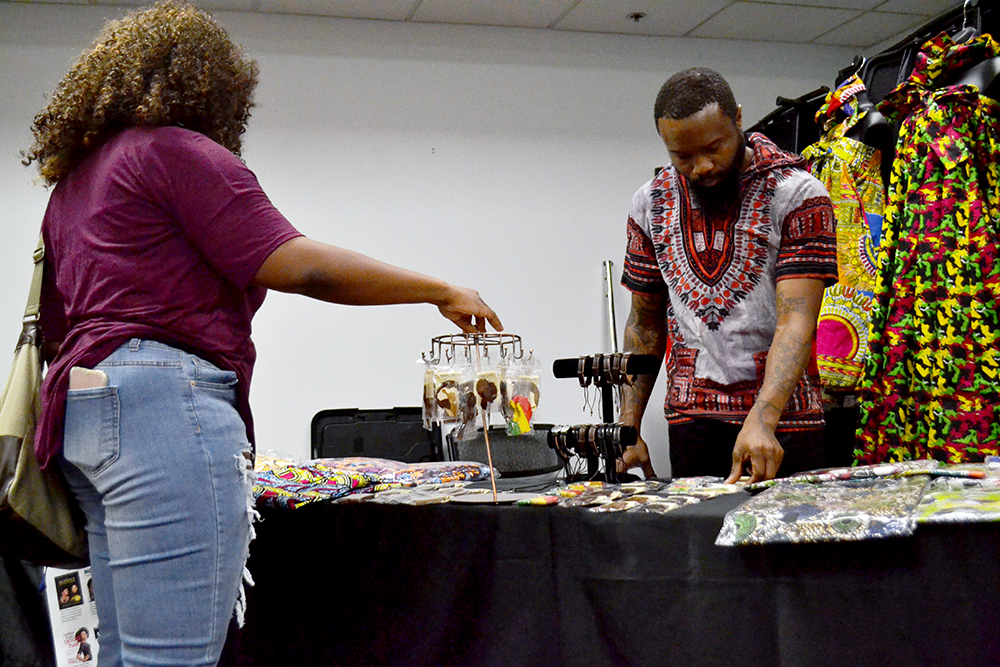Higher education-education beyond the grade school years-has been in existence for many years; people have used it to further their careers, to network with various people, to develop creativity and talent in various areas of life, and the list goes on. At different points in time in our nation’s history, including many people, especially the minority populations, really had to endure many struggles and hardships to be able to attain a higher level education. Now we have the resources and tools to become more educationally successful than ever. The question is this: In this day and time, are we really tapping into the resources that allow us to get involved with higher education? Too many people are falling by the way-side, and it is not because they have totally unbeatable circumstances, they just choose not to pursue higher learning. Why?
There are some people who are not willing to pursue higher education simply because of the time it takes to pursue a degree (or degrees). According to the National Center for Education Statistics, on average, first-time recipients of bachelor’s degrees in 2000-2001, who had not taken a break from college for six months or more (and did not transfer to a different institution), took about four and a half years to complete their degree program. Graduates who had attended more than one institution, generally, took longer to complete a degree.1
Students who begin at public 2-year institutions must transfer to another institution in order to complete a 4-year degree. Students who did so, took about a year and a half longer to complete a bachelor’s degree than students who began at 4-year institutions, and almost two years longer than students who started their higher education at private nonprofit 4-year institutions.2
Anyone thinking about these types of situations described above may feel a bit discouraged. To some people, that amount of time to spend on schooling is not an option, since many times, issues they see as more urgent constantly come to the surface. Then there are the tuition costs. With prices for tuition and housing increasing steadily each year, people might not be able to afford to pay for college, especially if they do not have any financial aid.
What about those who just choose not to pursue higher education? They have all the resources needed to successfully attend college, no seriously urgent issues going on, and they still do not attempt at least one degree program. Have we become lazy? Have we let others’ opinions and judgments of us deter us from reaching certain educational goals? Some students are told by peers, parents, and/or others that they will never make it in life just because their peers, parents and/or others have seen so many others fail. That is no excuse.
Some people have great potential, but are unwilling to step outside of whatever comfort-zone they are in because of fear. They could very well have people in their corner cheering them on, but they still have something holding them back. Or worse, people do go to colleges and universities, get a degree and still have some negative mindset that will not let them really achieve true higher learning. They learn what the universities want them to learn, but they do not learn how to synthesize certain information and apply what they have learned over time to some critical situations.
Many students find it easier to rely on stereotypes, book smarts (knowledge gained from just studying information), traditions, and other things taken for granted. Many do not take the time to grow a sense of street-smarts (an awareness of how to do deal with certain other people, things and situations in everyday life, often without some prior warning), a sense of culture, or a sense of how they should really fit into the grand schemes of things.
Being able to synthesize information, to think critically beyond the level of book-sense, and to be conscious of what major things are going in society are tools needed for true higher learning. Higher learning also involves using wisdom in life outside of academia and the professional world. Higher learning will cause one to question things that, most likely, actually deserve to be questioned, and it would be for the better. That is higher learning.
Sources:
1 http://nces.ed.gov/fastfacts/display.asp?id=40
2 http://nces.ed.gov/fastfacts/display.asp?id=40




